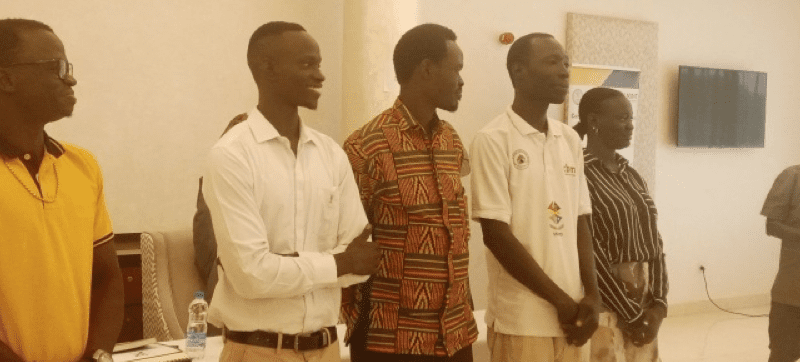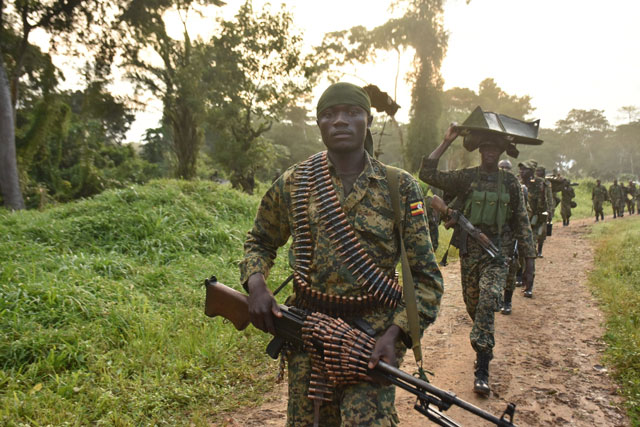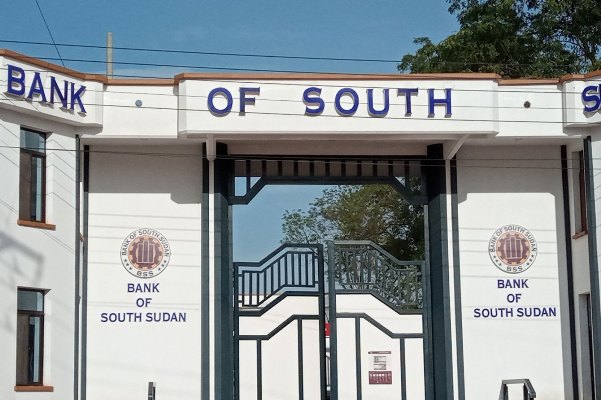As the governments of Uganda and the Democratic Republic of the Congo (DRC) launch a joint military operation against the Allied Democratic Forces (ADF) rebels, following recent attacks in Uganda attributed to this group, Amnesty International has called on all parties to ensure the protection of civilians and adherence to international humanitarian law.
The Ugandan army announced on 30 November 2021 that it had, along with its “Congolese allies,” launched air and artillery strikes against ADF camps in the DRC.
The information was later confirmed by the Congolese government. Residents of Nobili, a small town on the DRC-Uganda border in North-Kivu, have witnessed columns of Uganda People’s Defence Force (UPDF) soldiers with heavy weapons and armored vehicles crossing the border since Tuesday evening.
“The situation remains volatile in eastern DRC as both Congolese and Ugandan forces continue to fight armed groups. Past foreign military interventions in the DRC, including by Uganda, have resulted in the targeting or harming of civilians,” said Sarah Jackson, Amnesty International’s Deputy Director for East Africa, the Horn of Africa and the Great Lakes.
“Military commanders in Uganda and DRC must take all required steps under international humanitarian law to protect and avoid harm to civilians during this operation. They must also avoid locating military facilities and soldiers near civilian homes, and where they have to do so, they must give adequate warning and evacuate people if necessary.”
Both the Congolese and the Ugandan armies have a track record of human rights violations and violations of international humanitarian law in the area and they have rarely been held to account.
In 2005, the International Court of Justice ruled that the Ugandan army violated international humanitarian and human rights law during their military intervention in DRC between 1998 and 2003, including through failing to protect the civilian population, committing killings and torture of civilians and destroying villages.
“DRC has the obligation to investigate any reported violations of international humanitarian law and human rights on its territory, including by its own forces, while Uganda must investigate any allegations of violations by its forces. DRC and Uganda should ensure that there is a mechanism accessible to civilians in the area to safely report violations, should they occur,” Sarah added.
Amnesty International further expressed concern about the risk of retaliation against civilians by ADF combatants, which may arise as in the past if nothing is done to prevent such actions.
“Protection of civilians and the respect for human rights should be at the centre of their actions. Children, older people, people with disabilities and internally displaced people must be particularly protected from harm,” said Sarah.
“Authorities must also allow access for humanitarian actors, journalists and human rights defenders to continue to do their work unhindered, including in areas where joint operations are taking place.”
Background
The ADF, a rebel group formed in Uganda in the 1990s which then fled into eastern DRC, has carried out attacks against civilians in the provinces of North Kivu and Ituri which border Uganda. According to local civil society groups, at least 6,000 people have been killed by the ADF in this area since 2013.
Since May 2021, a state of siege proclaimed by DRC President Tshisekedi in North Kivu and Ituri has given special powers to the army and the police to help stop attacks against civilians and “neutralize” armed groups, including the ADF. Yet such attacks have intensified in recent months, with over 1200 civilians killed according to the Kivu Security Tracker, and tens of thousands of others displaced according to the UN.
In recent years, the ADF has pledged allegiance to a group calling itself Islamic State (ISIS). ISIS has claimed responsibility for several attacks carried out in Uganda in October and November 2021 which the Ugandan authorities have attributed to the ADF.
These include attacks on 16 November near the Central Police Station and Parliament in Kampala, Uganda’s capital, which killed four and injured 37 others according to a statement by the Uganda Police Force.










